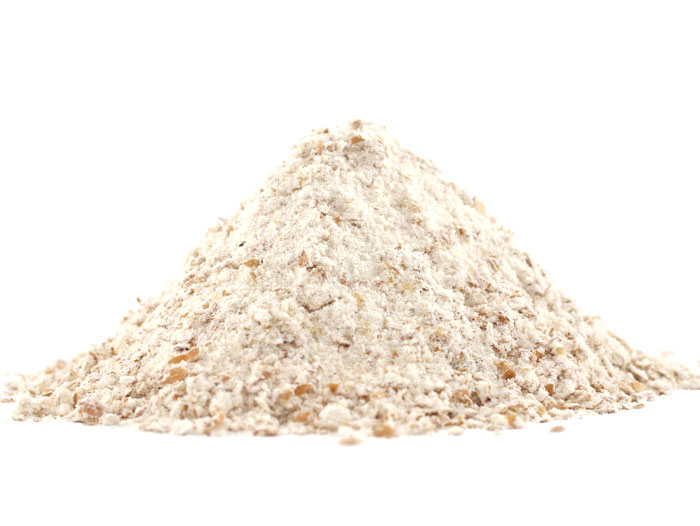When Bakers Demanded More Flour, King Arthur Went to the Mills
June 16, 2020 | 1 min to read

On March 18, Bob Morando, the chief executive officer of a flour mill located in the pancake-flat wheat fields of central Kansas, received a short, cryptic text from Brad Heald, the director of mill relations for his biggest customer, King Arthur Flour Co. “Call me,” it read.
Morando had an idea what Heald might want. Locals had been showing up at the mill all day in frantic pursuit of flour after finding it sold out at nearby grocery stores. When Morando called, Heald asked what it would take to get his whole-wheat flour mill, Farmer Direct Foods Inc., to double its output. King Arthur, one of the country’s largest flour companies, was running dry.
Mid-March is normally when a mill such as Morando’s slides into its annual slow period, as the weather warms and home bakers step away from their ovens. But fears were rising about the spread of the novel coronavirus. Cities across the U.S. were implementing unprecedented school and business closures, and shoppers were preparing for weekslong quarantines like the ones they’d seen on news reports from China and Italy.
To read the rest of the story, please go to: Bloomberg
